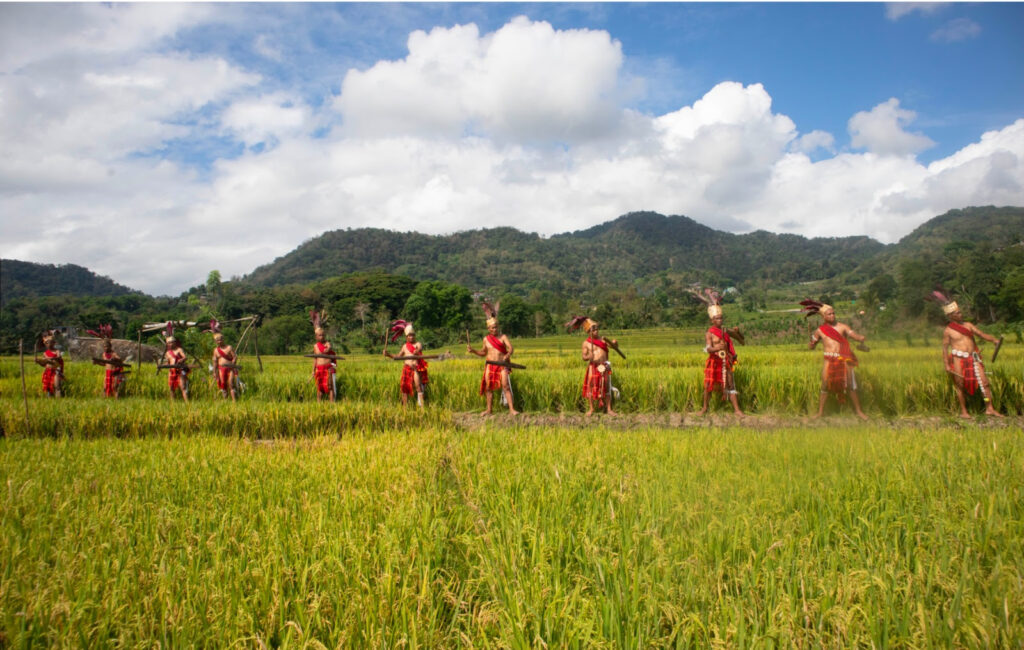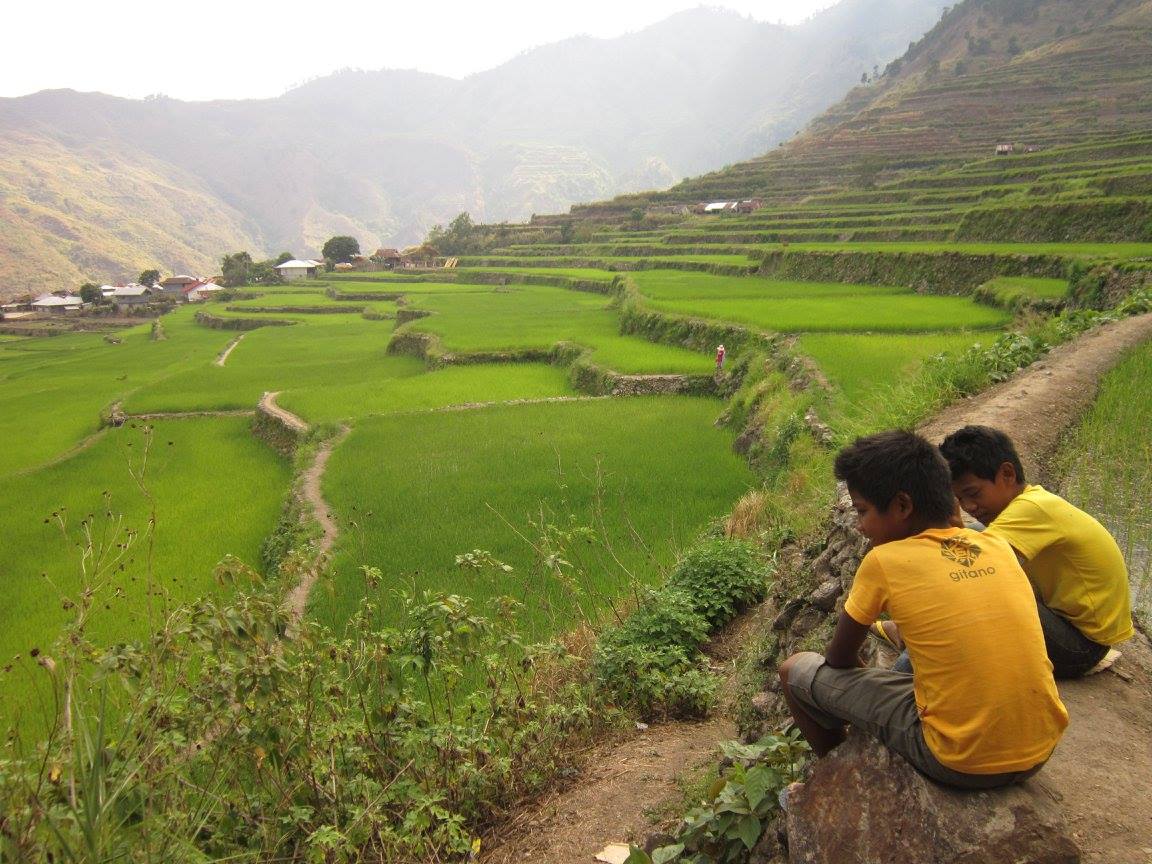Don’t miss the opportunity to participate in our Virtual Live Event for the Climate Change Vulnerability Risk Assessment of the Ifugao Rice Terraces, Philippines.
We are so excited to invite you to the report launch. We’re opening a ten day countdown registration form for our live virtual event, to present findings of the year long study Climate Vulnerability Assessment of the Rice Terraces of the Philippine Cordilleras on June 27, 5:00 PM Philippine time, GMT + 8.
Register today for zoom link here: https://bit.ly/RegisterPLI
How can heritage sites contribute to a sustainable climate future? Join us as we explore Ifugao traditions in the Rice Terraces of the Philippine Cordilleras and uncover their invaluable lessons on adapting to and mitigating climate change. Discover the synergy between indigenous knowledge and climate science and learn how ancient practices can inform modern strategies for resilience and sustainability. Don’t miss this enlightening presentation on climate vulnerability assessment—where the past guides us towards a sustainable future. This project is a collaboration between National Geographic Society, ICOMOS, and Preserving Legacies.

This Ifugao-led study is a climate vulnerability assessment of the rice terraces of the Philippine Cordilleras, a UNESCO World Heritage site. The assessment establishes why local communities value the terraces, and how these values, deeply rooted in indigenous knowledge, are impacted by climate change. The end goal is for communities to strengthen resilience and adaptive capacity as they position to preserve and protect their cultural heritage.
Data was gathered by several focus group discussions among farmers in Nagacadan Hungduan, Mayoyao, Bangaan and Batad. This approach ensures the collection of critical data that truly reflects the lived experiences and needs of the indigenous Ifugao people. The assessment utilizes modern climate science and indigenous knowledge, as both realms of understanding are complementary and necessary to address the climate crisis more effectively.

The Ifugao Rice Terraces confront a web of climate challenges such as intensified typhoons, erratic precipitation patterns, prolonged droughts and increasing temperatures, which pose imminent risk of soil erosion, reduced crop yield or crop loss, landslides, and structural damage to the terraces. This threatens their ecological integrity, agricultural productivity, amplifies existing vulnerabilities, and can jeopardize the sustainability of this cultural landscape.
Fortunately, their traditional values and indigenous knowledge systems make them moderately resilient. However, they will need additional support from government to develop infrastructure, and develop technical capacities to build more robust adaptive strategies and sustainable management practices to preserve ecological resilience and secure the livelihoods of the communities that call the terraces home.

